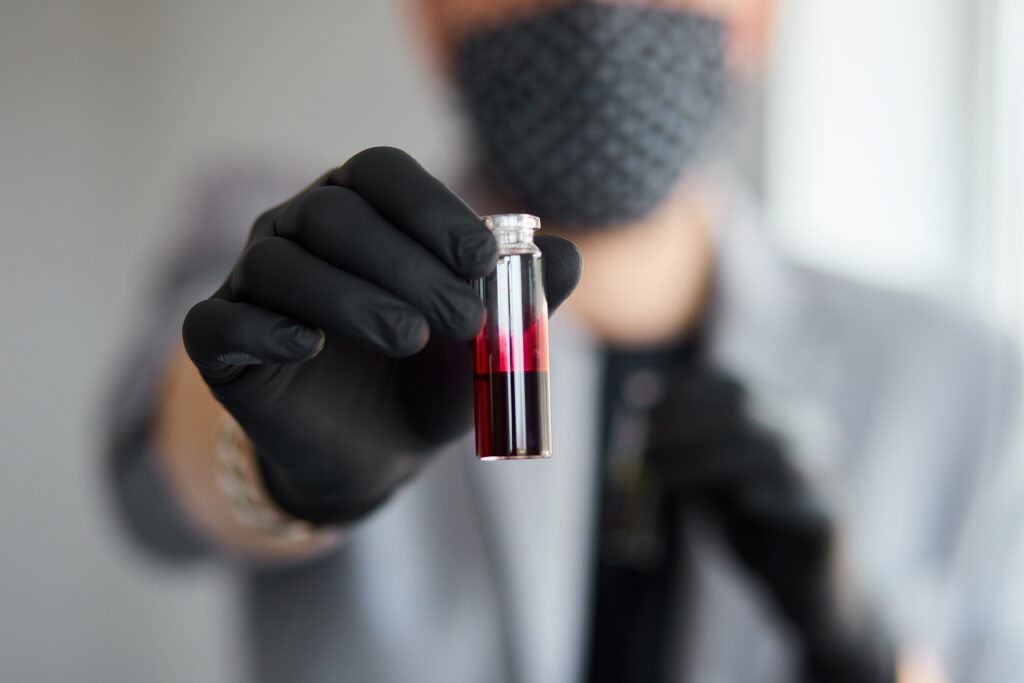Alcohol affects nearly every system in the body, including the circulatory system. One common question people have is whether alcohol thins the blood. The short answer is yes, alcohol does have blood-thinning effects, but the way it impacts the body depends on how much and how often it is consumed. Understanding these effects is important because blood clotting plays a vital role in overall health.
How Alcohol Thins the Blood
When alcohol enters the body, it affects the production and function of platelets, which are the cells that help the blood clot. Alcohol slows down platelet activity, making it harder for blood to clot effectively. This is why heavy drinkers may bruise more easily or experience prolonged bleeding after an injury.
In addition, alcohol can interfere with the proteins in the liver that are responsible for clotting. Since the liver is already vulnerable to damage from alcohol misuse, this creates a double strain on the body’s ability to manage bleeding.
Short-Term vs. Long-Term Effects
A small amount of alcohol can temporarily thin the blood and may even provide a slight protective effect against blood clots in certain cases. However, long-term or heavy drinking overwhelms the body and significantly increases health risks.
Chronic alcohol use can contribute to:
-
Internal bleeding
-
Stomach ulcers
-
Hemorrhagic stroke (bleeding in the brain)
-
Slower recovery from injuries or surgery
These risks highlight why alcohol misuse can be so dangerous over time.
Alcohol and Medications
Another important consideration is how alcohol interacts with medications. Many people take blood-thinning drugs such as aspirin or warfarin. Drinking alcohol while on these medications can greatly increase the risk of bleeding complications. This makes it especially important for anyone prescribed such medications to limit or avoid alcohol altogether.
Why This Matters for Overall Health
Blood clotting is a delicate balance. While excessive clotting can lead to heart attacks or strokes, blood that is too thin can cause dangerous bleeding. Alcohol disrupts this balance, especially when consumed heavily or consistently. This disruption can make existing health conditions worse and increase the likelihood of medical emergencies.
Taking Steps Toward Recovery
If alcohol has become difficult to control, the risks to physical health extend far beyond the circulatory system. The impact on blood clotting is just one piece of a much larger picture. Professional help provides the tools and structure needed to stop drinking safely and begin the process of healing.
At Summit Helps in Princeton, individuals struggling with alcohol misuse can access outpatient treatment programs that provide therapy, education, and ongoing support. These services allow people to address their drinking habits while continuing to live at home and manage their responsibilities.
A Safer Path Forward
Alcohol may thin the blood, but its effects are anything but harmless. Recognizing how it impacts the body is an important step in making healthier choices. For those who need help reducing or stopping alcohol use, Summit Helps in New Jersey offers outpatient treatment programs designed to support recovery and long-term wellness.

